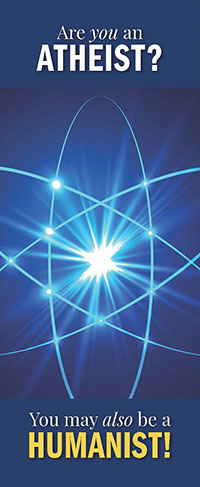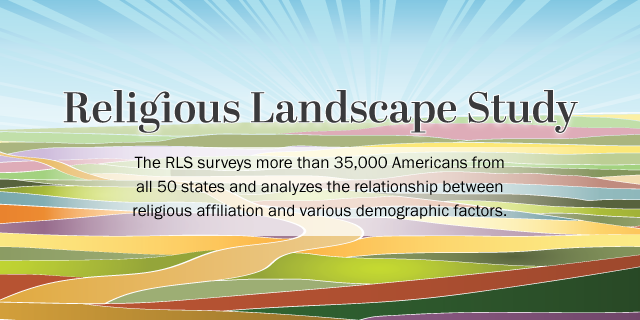Repeating the same quote over and over doesn't change its meaning to what you want it to mean.Poor Richard Saunders:
You don't know what you're talking about. Secular Humanists are atheists by their own admission.
"Humanism: A Brief Overview
Our definition. Humanism is a progressive philosophy of life that, without theism and other supernatural beliefs, affirms our ability and responsibility to lead ethical lives of personal fulfillment that aspire to the greater good of humanity."

Humanist Common Ground: Atheism - American Humanist Association
Download this information as a PDF or view our brochure. A lot of people think that atheism is a recent idea. But religious disbelief actually has a long and fascinating history. Just as a student of Christianity would want to know about a few rather significant things that happened 2,000 years...americanhumanist.org
The U.S. Supreme Court confirmed it at Footnote 11 in the Torcaso v. Watkins case when they included Secular Humanism among various atheist religions such as Buddhism.
[ Footnote 11 ] Among religions in this country which do not teach what would generally be considered a belief in the existence of God are Buddhism, Taoism, Ethical Culture, Secular Humanism and others. See Washington Ethical Society v. District of Columbia, 101 U.S. App. D.C. 371, 249 F.2d 127; Fellowship of Humanity v. County of Alameda, 153 Cal. App. 2d 673, 315 P.2d 394; II Encyclopaedia of the Social Sciences 293; 4 Encyclopaedia Britannica (1957 ed.) 325-327; 21 id., at 797; Archer, Faiths Men Live By (2d ed. revised by Purinton), 120-138, 254-313; 1961 World Almanac 695, 712; Year Book of American Churches for 1961, at 29, 47.[/COLOR]
http://caselaw.lp.findlaw.com/cgi-bin/getcase.pl?court=US&vol=367&invol=488
Buddhists don't believe in a single god so under your argument they must be atheists. Taoists must be atheists.
Of course, you didn't follow the rest of the footnote to see the other cases cited.
All the cases involve tax exempt status for societies that don't worship one supreme God.
One of the interesting things in those cases is in Washington Ethical Socy. v. Dist. of Columbia
"The Ethical Movement does not require that any of its members believe in, or have any concept of God."
It also doesn't say they can't believe in a God.
Then there is this from Fellowship of Humanity v. Co. Alameda
"A substantial part of the membership and clergy of the Unitarian Church are humanists. In the "Pocket Guide to Unitarianism," edited by Harry B. Scholefield, appears the following (p. 4): "Some Unitarians call themselves 'humanists' and others call themselves 'theists.' The difference between the two groups is not so much a matter for controversy as for mutual understanding and appreciation."
Humanism is clearly not restricted to atheism based on the court ruling cited in your quote. What the court refers to in Fellowship of Humanity is theistic and non-theistic religions. It doesn't say that non-theistic religions are the same thing as atheists. That is your attempt to skew what the court is saying.
The most important thing about the footnote is that is cites other cases and it is those cases that would be the controlling rulings and not this footnote.
Last edited:

